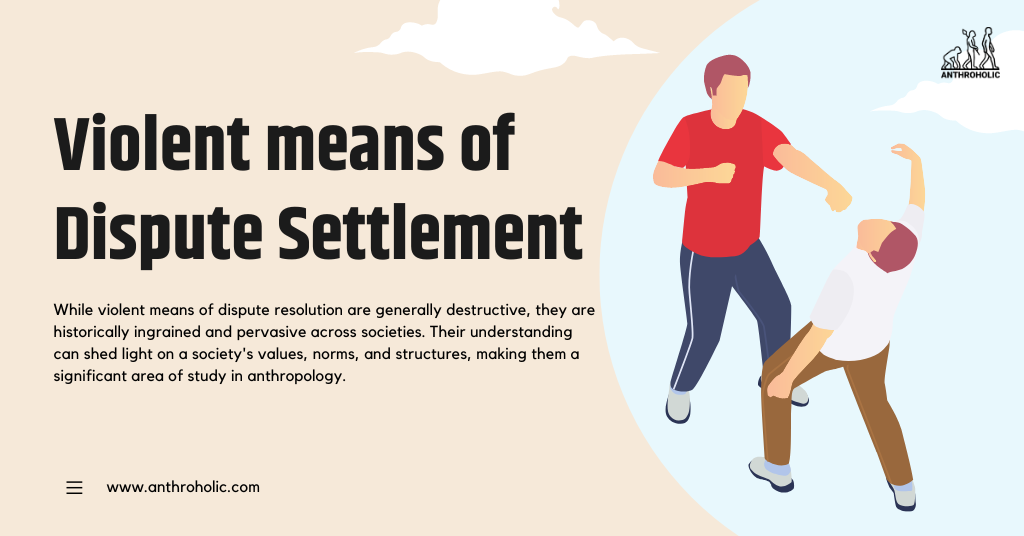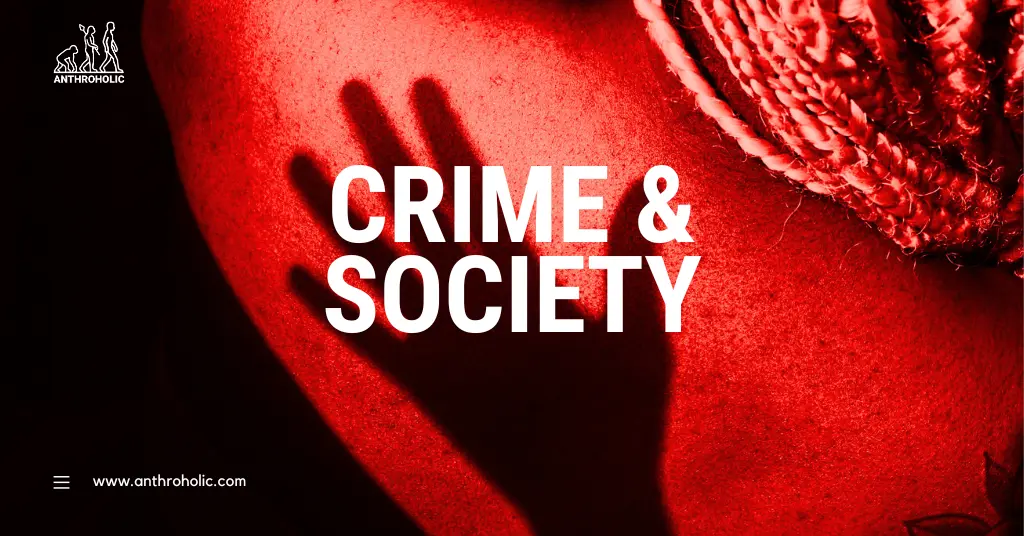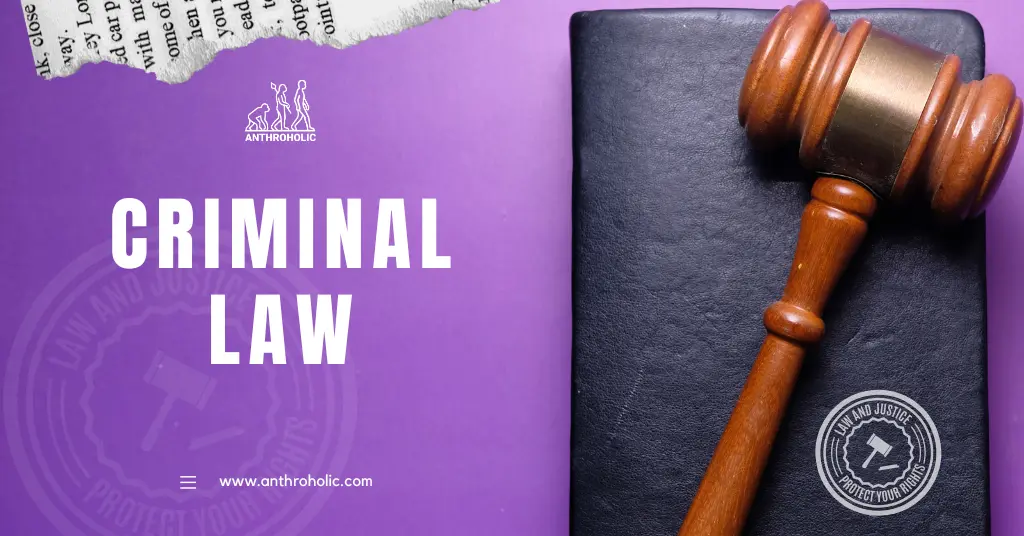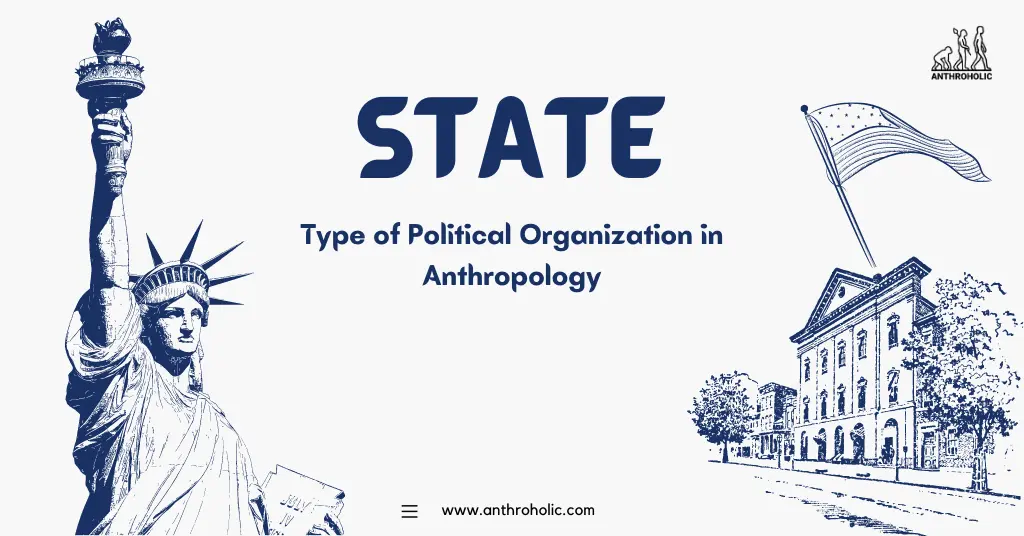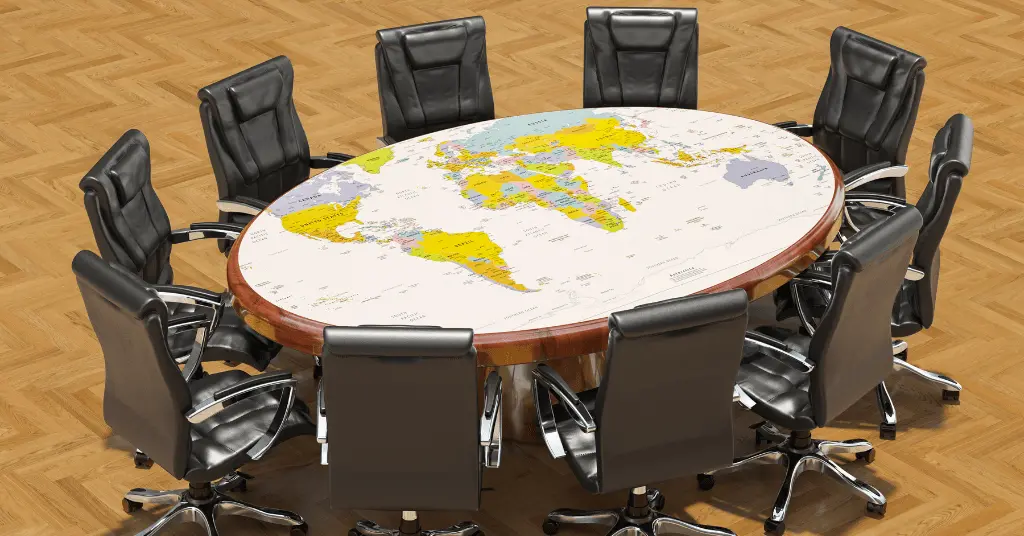AI Answer Evaluation Platform Live Now. Try Free Answer Evaluation Now
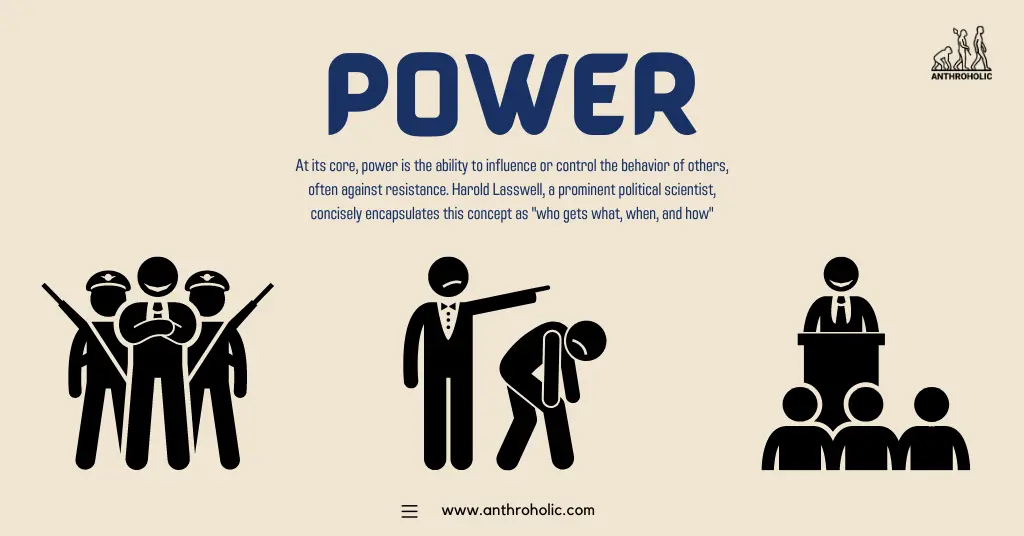
Power
Power is the ability to influence or control the behavior of others, often against resistance. Harold Lasswell, a prominent political scientist, concisely encapsulates this concept as "who gets what, when, and how"
